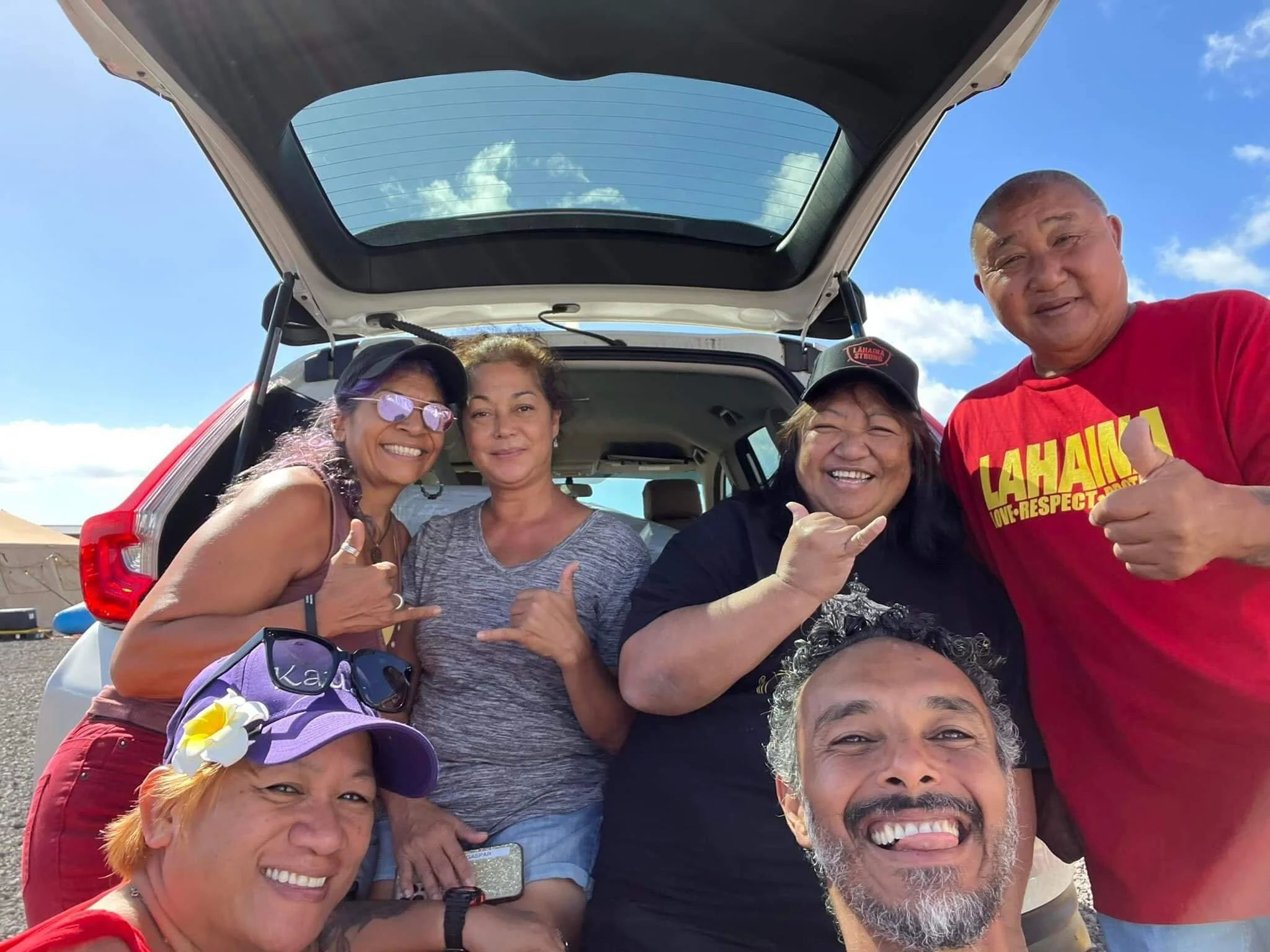We are kūpuna (elders), farmers, educators, cultural practitioners, and organizers brought together by a shared commitment to serve our Lāhui (people).
Many of us first stood in solidarity at ʻOnipaʻa, the annual march honoring Queen Liliʻuokalani and deepened our relationships while working in our māla (garden), where mālama ʻāina became both nourishment and action.
From protecting iwi kūpuna (ancestral remains) to historical education to advocating for wai (water rights), ʻai (food sovereignty), and ʻāina (land), we ground our work in ʻike kūpuna (ancestral knowledge) and showing up for our communities.








